Paul Melotik, Wisconsin State Representative of 22nd District | www.facebook.com
Paul Melotik, Wisconsin State Representative of 22nd District | www.facebook.com
According to the Wisconsin State Legislature's official website, the bill was described as follows: "workforce literacy grant program. (FE)".
The following is our breakdown, based on the actual bill text, and may include interpretation to clarify its provisions.
In essence, this bill establishes a workforce literacy grant program requiring the Department of Workforce Development to award an annual grant to eligible nonprofit organizations in Wisconsin. To qualify, organizations must provide or support adult literacy services or community-based programs in over half of the state's counties. Grant funds can be allocated for teaching workforce readiness, basic and digital literacy skills, preparing for GED and high school equivalency tests, and offering related literacy programs to build and enhance the state's workforce. Additionally, recipients can use funds for training, programming, and providing materials and professional support for organizations offering direct adult literacy services.
The bill was co-authored by Senator John Jagler (Republican-13th District), Representative David Armstrong (Republican-67th District), Representative Elijah R. Behnke (Republican-6th District), Representative Barbara Dittrich (Republican-99th District), Representative Rick Gundrum (Republican-58th District). It was co-sponsored by Senator Julian Bradley (Republican-28th District), Senator Steve L. Nass (Republican-11th District), and Senator Rob Stafsholt (Republican-10th District), along three other co-sponsors.
Paul Melotik has co-authored or authored another 58 bills since the beginning of the 2025 session, with none of them being enacted.
Melotik graduated from Carroll University in 1979 with a BA.
Melotik, a Republican, was elected to the Wisconsin State Assembly in 2025 to represent the state's 22nd Assembly district, replacing previous state representative Janel Brandtjen.
In Wisconsin, the legislative process starts when a senator, constituent, group, or agency proposes an idea for a bill. After drafting, the bill is introduced, numbered, and referred to a committee for review and public input. If approved, it moves through three readings and votes in both the Senate and Assembly. Once both chambers pass the same version, the bill goes to the governor, who can sign it, veto it, or let it become law without a signature. Only a small share of bills introduced each session ultimately become law. You can learn more about the Wisconsin legislative process here.
| Bill Number | Date Introduced | Short Description |
|---|---|---|
| AB235 | 05/02/2025 | Workforce literacy grant program. (FE) |
| AB166 | 04/08/2025 | Academic and career planning services provided to pupils and requiring the reporting of certain data on college student costs and outcomes. (FE) |
| AB140 | 03/17/2025 | Limitations on the total value of taxable property that may be included in a tax incremental financing district created in the city of Port Washington. (FE) |
| AB28 | 02/17/2025 | Special registration plates with white lettering on a black background. (FE) |
| AB3 | 02/03/2025 | Incorporating cursive writing into the state model English language arts standards and requiring cursive writing in elementary grades. (FE) |
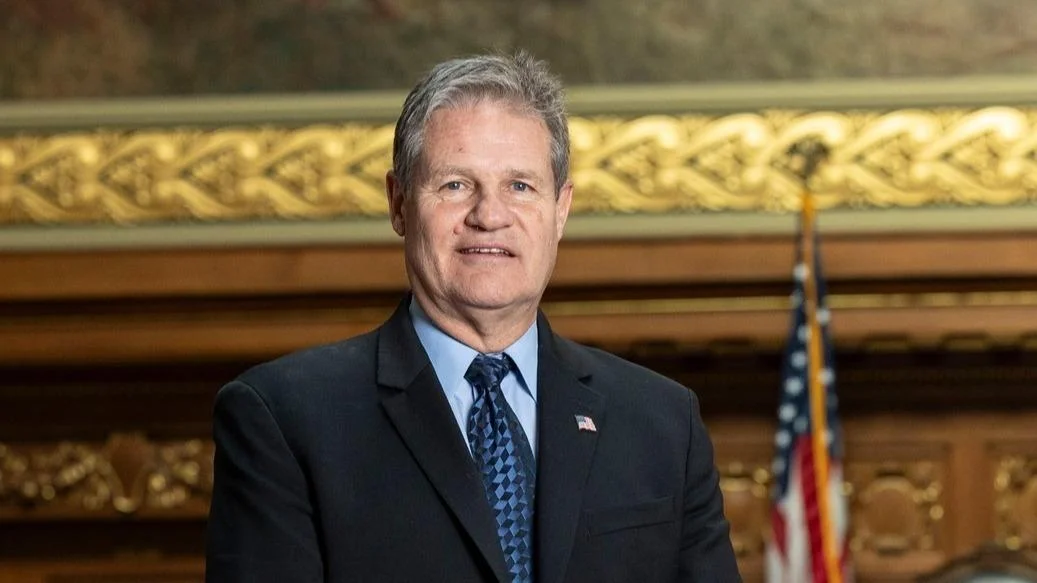
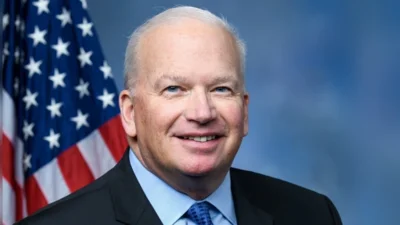
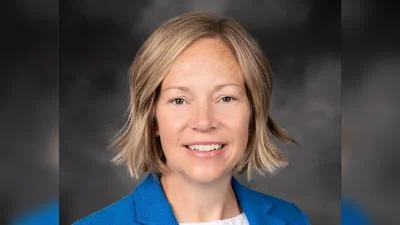
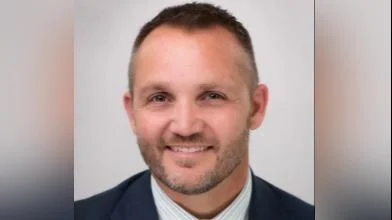
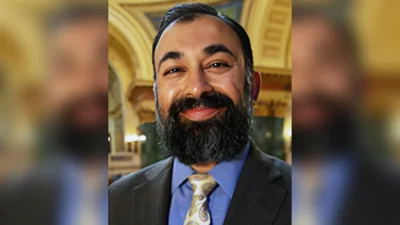

 Alerts Sign-up
Alerts Sign-up